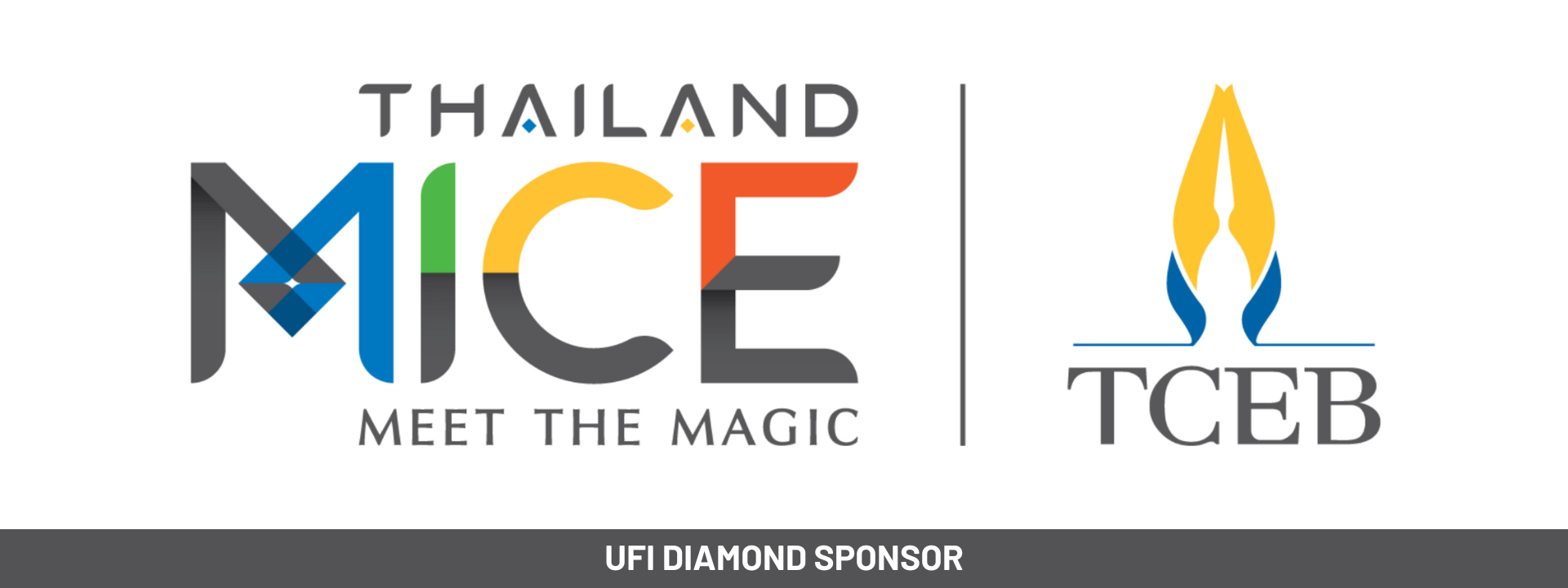
Antony Reeve-Crook, Director, ArciMedia Ltd.
In the UK at least, the fortunes of international destinations all-too-often lie in the hands of overpriced London agencies, typically staffed by eager-to-please affable types who pronounce their names unconventionally. And, sadly, seem to know nothing about the global exhibitions industry.
Press trips tailored for holiday, not business
I can count on one hand the number of times my press trips, tailored for the business event audience, made even a passing reference to the industrial character of the city we were in. (And you may be surprised to know they weren’t in the more advanced markets.)
Instead, they typically put us on a plane, show us the sights and showcase fine food and hospitality, which would be wonderful if I was on holiday. But as I’m updating an educated audience and not my Instagram account, it instead does the city or town a great disservice. When organisers choose the next location for their international event, it is not on the strength of the views from their potential rooms, but on the industries that those hotels support.
There is a clear reason many press trips take this format. Convention and Visitor Bureaus traditionally set out to achieve goals dictated and financed by the tourism ministry. So on the surface, this approach sort of makes sense; these goals are by and large fixated on attracting large conferences and events, which typically move between locations and are therefore subject to a different kind of pitch.
In reality, however, it betrays the fact that people don’t quite get what we in the exhibition industry do, outside of bringing the circus to town. And if they don’t get it, then how are the clients that pay these agencies fat stacks to put them on the map going to know any better?
Not my circus, not my monkeys
Wouldn’t it be great to see more destination marketing agencies use these opportunities to focus on the underlying market conditions, the blossoming industrial clusters and academic support networks, specifically to reach organisers of business events – and more specifically organisers of international trade shows. Let’s not forget, unlike large peripatetic conferences, trade shows tend to hang around once they’ve selected a market that can sustain their event.
In Germany, this year’s Bauma drew more than 620,000 visitors from 200 countries (by its own account), which is mind-boggling (in part because it’s four more countries than even exist according to the United States – and more than can call themselves card-carrying members of the United Nations). It’s as if everyone in Montenegro decided to visit Munich and consider a career in construction.
When I consider the number of leads, capital and careers generated by this enormous crowd meeting with the 3,700 exhibitors from 63 countries vying for their custom; well I take immediate solace in the fact I’m here to provide you with words, not numbers.
Bauma owes its success in part to Munich’s central European location in Germany, which enjoys both a reputation for excellence in engineering and logistical benefits of belonging to the world’s largest trading union.
By equal measure, if you’re in the energy industry, it will come as no surprise at all to know that the next edition of DMG’s Gastech takes places in Houston, the US city currently undergoing developments in industrial gas complex development estimated at $50 billion. In fairness, anyone who reads a newspaper may have picked Texas out as a place where a company involved in oil could make money. The prevalence of widespread fracking in the US has recently removed North America’s reliance on OPEC, and Texas is synonymous with oil, so there’s a strong likelihood that there is business to be done here.
Silicon Valley, or Tallinn?
So ten years ago, when you were asked about nations that would evolve to become leaders in digital technology, the wood producing nation of Estonia would probably have raised eyebrows. Be honest; you were thinking about the pine trees surrounding Silicon Valley, not the ones surrounding Tallinn.
But today Estonia is ranked first overall in the InterNations survey for its digital infrastructure and is now home to unrestricted internet access and online government services, and as a result, many of the world’s leading online financial and transactional technologies are being developed here.
There are many markets home to smaller or more nascent markets that would present mutually beneficial opportunities for organisers. We just need to hear about them, in order to help tell you why you should be there.
Business events, the word is key
My company works with several trade promotion organisations that I would describe as having ‘got it’. Those that recognise business events are a function of trade and investment and not tourism, which is perhaps the least significant beneficiary of the whole trade-show ecosystem.
We are in the game of delivering business events, and that word is key. Trade shows by their very nature leave a legacy that is both lasting and lucrative. And success is more likely where partnership and support are forthcoming.
Agents in all branches of our far-reaching ecosystem need to walk the walk if we are to get where we want to go. Particularly those responsible for promoting their clients to us; we deal in trade, not tourism.







Leave A Comment